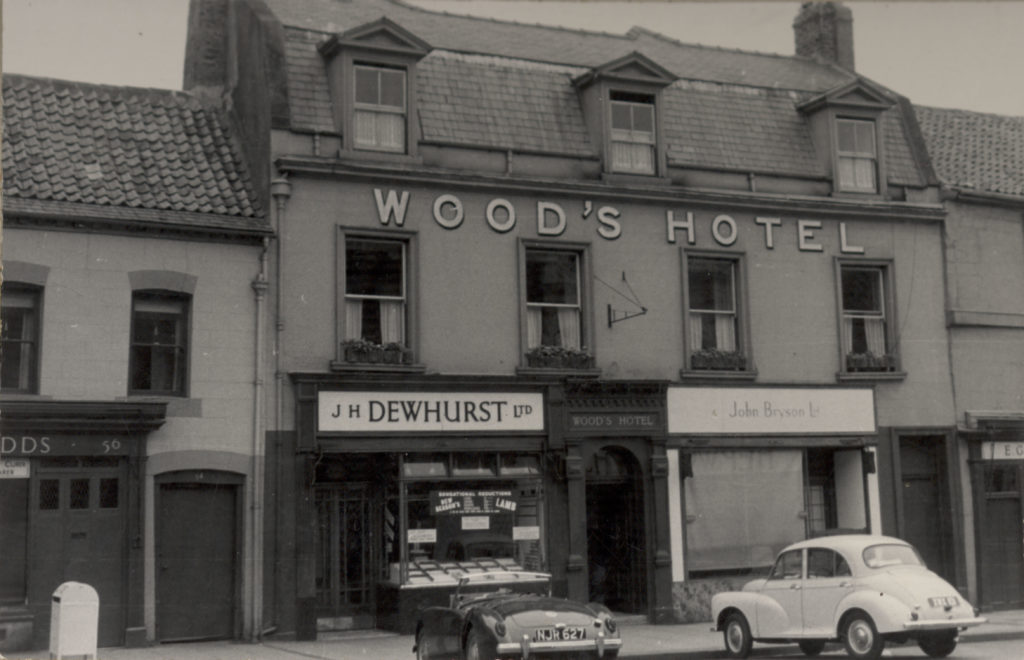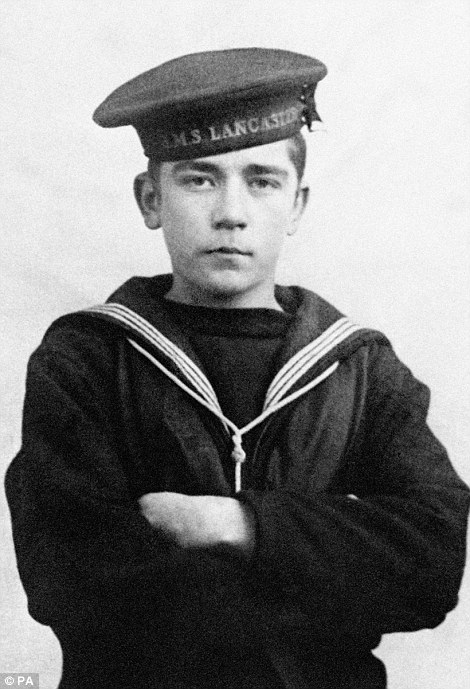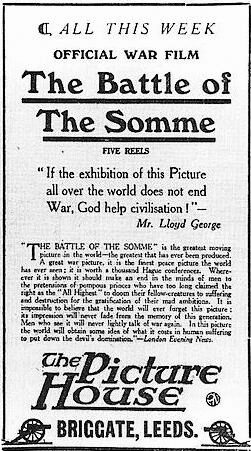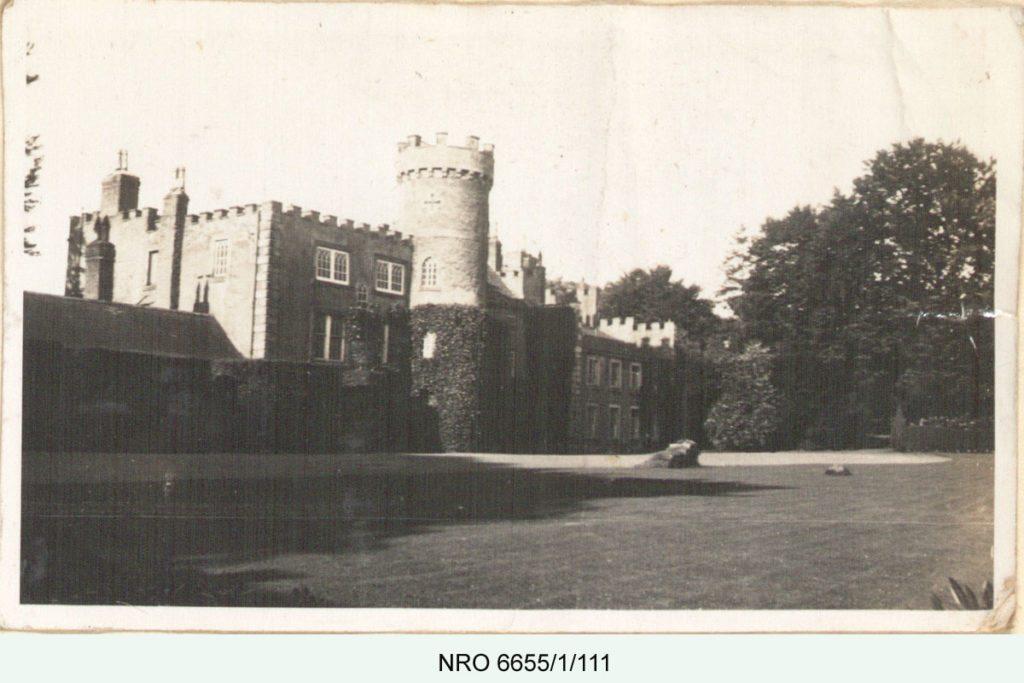
The St. Paul/Butler collection is one that tells a story of European politics, British aristocracy and human behaviour. Neither families originated in Northumberland, yet both had an impact on its history. The first member of the St. Paul family that is noted amongst the collection – held by Northumberland Archives – is Thomas Paul of Coventry, but more is known about the family starting with Thomas’ great grandson, Robert Paul.
Robert Paul, born c.1697, was married to Judith Collins. Robert purchased Yeavering and Coupland estates in Northumberland from Henry Grey of Howick, and Judith’s brother, John Collins, bought Ewart Park estate, which passed to Robert on the event of John’s death. Judith and Robert had eight children. When Robert died in 1762, Judith had the Paul name canonised by an Act of Parliament (1768), ensuring future generations of the family were known as St. Paul.
The eldest son, Horace St. Paul, was born in 1729. He entered Gray’s Inn in 1749, but his career in law was ruined in 1751. Horace quarrelled with a Mr. Dalton, and a duel was fought between the two men in Dalton’s home. A servant heard the sounds of fencing and upon entering the Parlour, he found his master dead. The coroner came to the verdict of wilful murder and Horace fled the country and was outlawed. He lived for a time in France before moving to Brussels. Here, Horace found himself in the company of the Archduke Prince Charles of Lorraine, Governor of the Austrian Netherlands, who, on outbreak of the Seven Years War, returned to the Austrian Empire, with Horace as his Aide-de-camp. On 20 July 1759, Horace was created a Count of the Holy Roman Empire for “having devoted himself to arms, and having followed the Royal-Imperial Standards in the last two Campaigns at his own expense, and having therein displayed pre-eminent fortitude and proved beyond doubt his soldierly valour and his exalted zeal in the arts if war…”
After making the acquaintance of Lord Stormont in Vienna after the end of the war, the wheels were put in motion for Horace to receive a Royal Pardon, which occurred in July 1765. Around 1770, Horace petitioned to retire from Austrian military service, and in 1772, he was appointed Secretary of Embassy to the Court of France. He stayed in this position until 1776. Although he was appointed Envoy to Sweden in October 1776, he subsequently declined the post in 1777, and retired from diplomatic life, moving to Chertsey in Surrey.
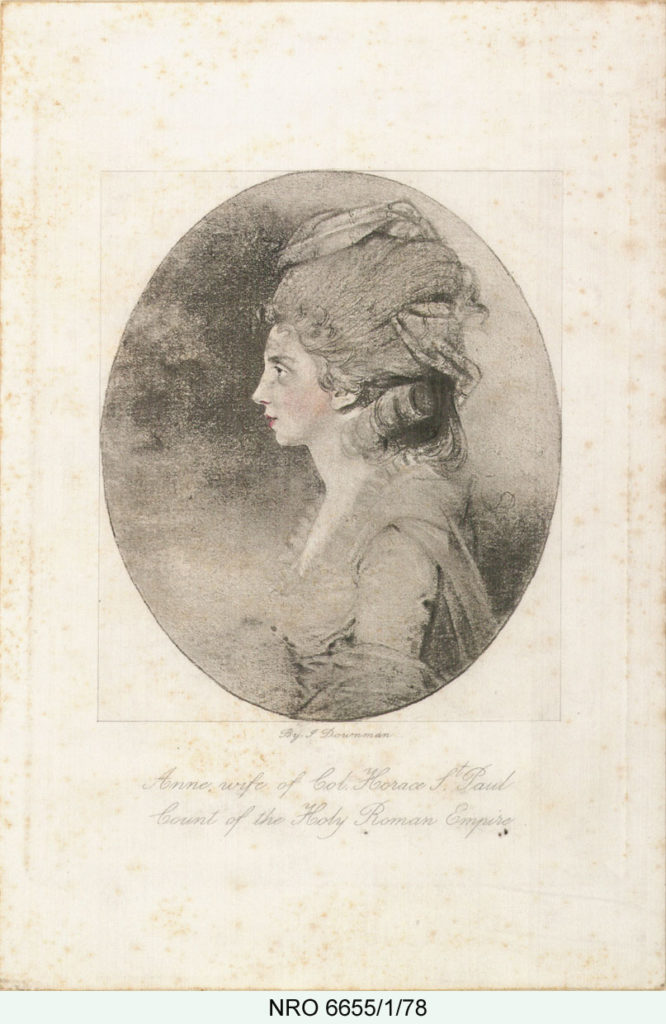
By this time, Horace had married and started a family. In 1774 his marriage to Miss Anne Weston took place in the Embassy Chapel, Paris, and their first child, Horace David Cholwell St. Paul, was born in Paris in 1775. Horace purchased Ewart from his brother Robert in 1775 and completely redeveloped the Estate, also redesigning the house that stood on the site. Horace found inspiration for this from many sources, including Twizell Castle, the project of his close friend Sir Francis Blake. The Estate must finally have been fit to inhabit in 1787, when the family made Ewart Park their main abode.
Whilst at Ewart, Horace raised the Cheviot Legion in 1798, from volunteers in the neighbourhood of Wooler, as a home defence force to combat the threat of a French invasion due to the Napoleonic Wars. He was its first commandant, becoming Lieutenant Colonel in 1799, whilst one of his sons, Henry Heneage, was appointed Major. It was disbanded in 1808, and the men transferred to the Northern Regiment of the Northumberland Local Militia, which included recruits from the disbanded Berwick Volunteers. Henry Heneage continued his involvement, acting as Lieutenant Colonel of the Northern Regiment until 1816.
Henry Heneage St. Paul, was born in London in 1777. He joined the 60th Foot, rising to the rank of Captain. His career, as the Private Secretary to Sylvester Douglas, Chief Secretary to the Lord Lieutenant of Ireland, led to his involvement in local politics, and he was MP for Berwick-upon-Tweed from 1812-1820, and served as Deputy Lieutenant of Northumberland in 1817. Although Henry was not married, documents within the collection suggest he had an illegitimate son, Henry Morris, born in 1813 in Edinburgh. In 1820, Henry fell ill, died, and was buried in Doddington Churchyard.
Count Horace’s daughter, Anna Maria, was born in 1782 in Chertsey, but lived most of her life on the Ewart estate, with her bachelor brother, Charles Maximilian. Although he never married, Charles was another St. Paul who had an illegitimate child. He had an affair with a Mrs Martha Elizabeth Edington, who gave birth to twins at the beginning of 1825, but the children only lived for three weeks. On 17 September 1829, Martha gave birth to Elizabeth (Bessy) Charlotte Moore. Martha moved to Jedburgh with Elizabeth (known to her family as Charlotte), where she died in 1835. A letter within the collection, addressed to Charles Maximilian from an Andrew Spiers, informs him of the death of his lover after her clothes caught fire in the east apartment of the flat she lived in. Charlotte was not in the flat at the time, and she was eventually placed under the guardianship of her grandmother, Mrs Anne St. Paul, who sent her to boarding school. She stayed in touch with her father and aunt, writing to them often from her place of work at Marshall Meadows, Berwick-upon-Tweed, where she cared for the children of a Mrs Swanston.
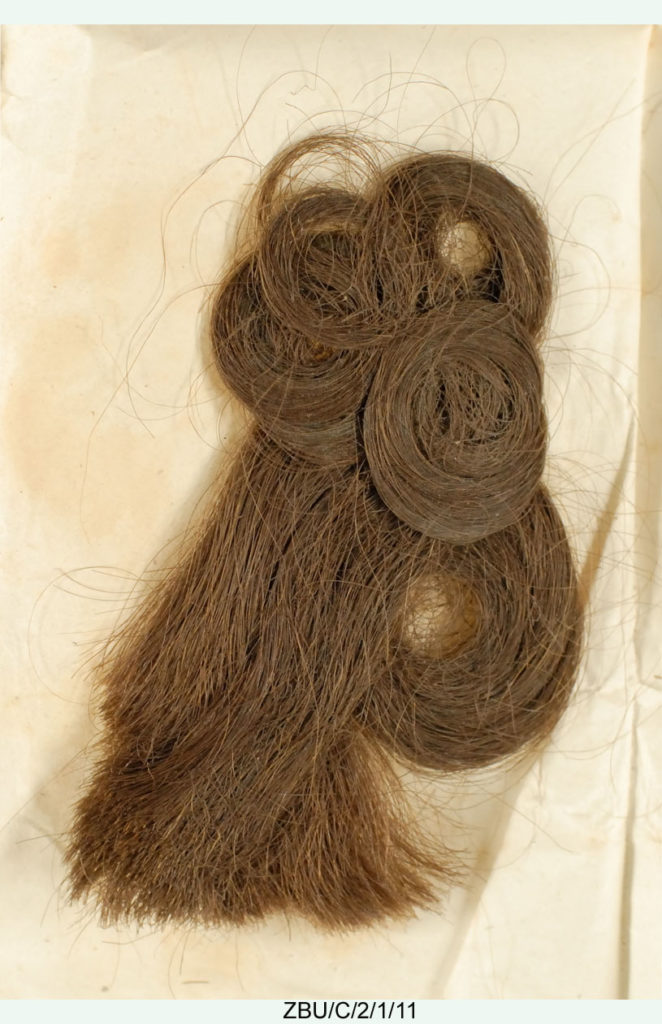
Horace David Cholwell St. Paul, Count Horace’s heir, married Anna Maria Ward, daughter of John Ward, 2nd Viscount Dudley and Ward, in 1803 at Doddington; it was through this marriage that the Staffordshire estates (including coal mines and farming land) came into the possession of the family.[1][10] The couple had six children together, but Horace also had illegitimate children with his two mistresses, Ann Isaacson (alias Ann Jones) and Henrietta Campbell Cupples (alias Harriet Cooper). In 1812, he was created a baronet, and obtained royal licence to accept and use the honour of Count of the Holy Roman Empire within England, and for it also to pass on to his descendants.


